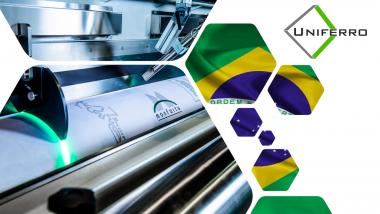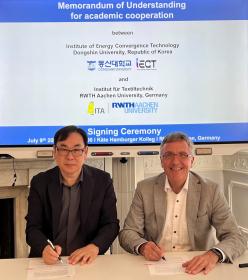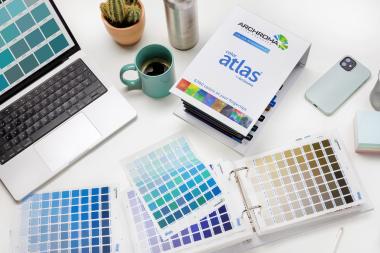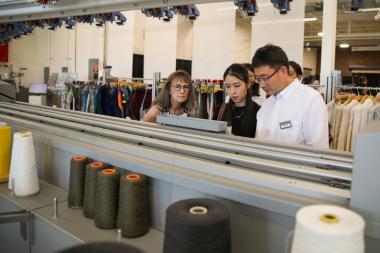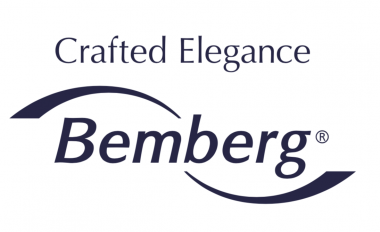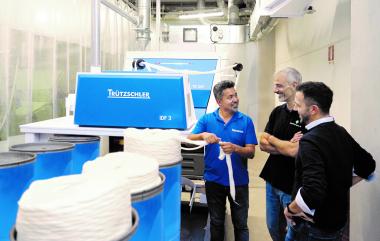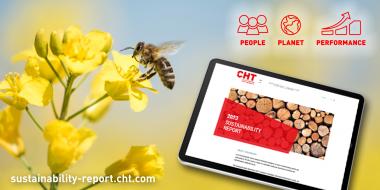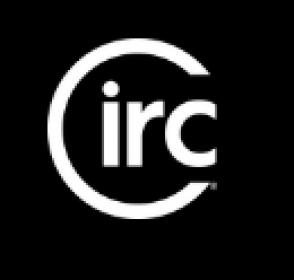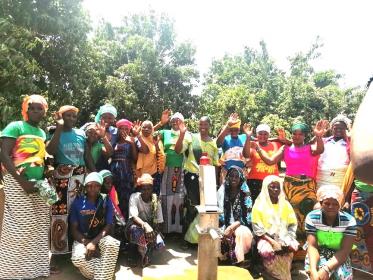Lectra: Study reveals 5 rules to drive sustainable growth
Today more than ever, sustainability in the fashion sector is an imperative that is reshaping the dynamics of the sector. These are important changes driven both by increasing CSR regulations (for example, Business of Fashion revealed that, according to 87% of players, the new regulations will impact their company in 2024), and by consumers’ habits (increasingly sensitive to the topic and consequently more careful in purchasing choices). In this scenario, Lectra analyzed real-time data from Retviews – its artificial intelligence-based solution specialized in competitive intelligence and automatic benchmarking – and unveils how Retviews’ empowers brands to navigate the complexities of sustainable and optimized collection planning.
According to Retviews data, to face sustainability challenges and best orient in the current complex fashion landscape, it will be crucial for brands to keep 5 key indications in mind:
1. Planning sustainable collections
Faced with the new regulations, brands are called to rethink their strategies, without losing sight on performance. For this reason, brands are already moving to optimize and rationalize the creative processes of their collections with a view to sustainability. In particular, Retviews' real-time data analysis reveals a growing trend towards sustainability in the collections of leading brands, where there are important investments in sustainable fabrics for both upper and lower garments. In particular, in the "Top" section, shirts show the most significant growth year over year among the eco-responsible options.
2. Sustainable prices (in every sense)
In this context, the redefinition of prices requires a strategic balance between market dynamics and the consumer's willingness to pay for products redesigned in terms of CSR. Retviews data shows a significant increase in costs in sustainable top collections. However, has this shift affected stock levels?
3. Inventories: optimized management
Tracking stock levels is crucial to season management, as it helps identify best-selling items and trends, as well as identify which items would sell better at full price versus those that should be discounted.
The new premium prices for sustainable collections require optimization of the sales rate, a waste limitation to minimum and a reduction of unsold goods rate.
Analyzing the tops category - In the tops category, where sustainably made products prevail with significantly higher price points than generic tops, Retviews' real-time data reveals that sustainable collections boast a higher sell-out rate compared to non-sustainable products. This superior sell-out rate underscores consumers' willingness to pay a premium for sustainability
4. Traceability and certification of collections
Certification is essential in verifying sustainability claims, fosters trust and ensures compliance. Not only that, it is also important to understand the value of the certifications and which ones appear most frequently in the various markets so as to make targeted decisions and adapt the assortments accordingly. This also let brands to prioritize the right mix of fabrics that can reflect the desires of local consumers. Retviews data highlights a particular focus on “Recycled Claim Standard” (RCS) certification in Europe and on “Fair Trade” and “Good Cashmere Standard” certified garments in the United States.
5. Mix of sustainable fabrics
About environmental impact, fabrics also play a fundamental role. Through data-driven tools, brands are able to find valuable information on sustainable materials that are gaining tractions in collections and thus make informed and strategic decisions in the process of planning their creations.
Lectra









